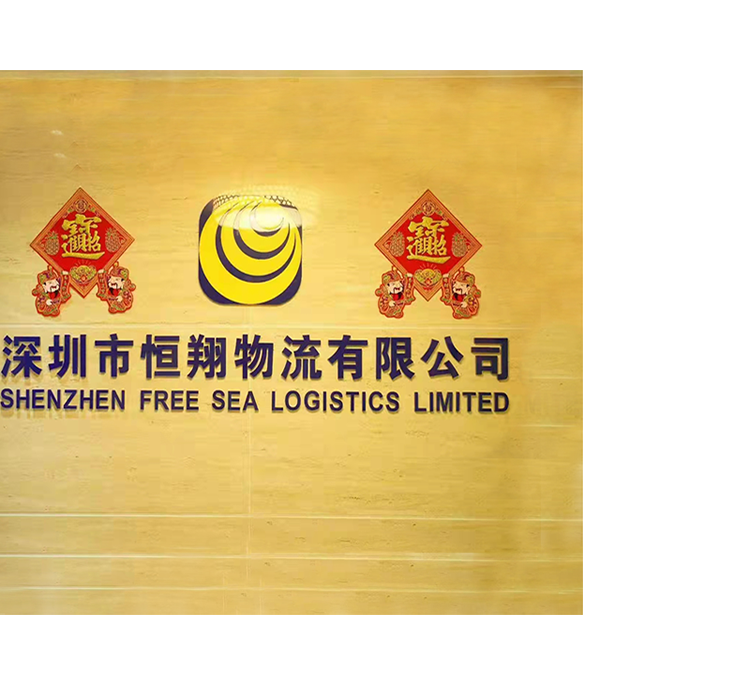In the ever-evolving landscape of global commerce, logistics has emerged as a vital component of successful international trade. As businesses expand their operations across borders, the complexities of managing the movement of goods, information, and resources become increasingly pronounced. Effective logistics not only enhances operational efficiency but also significantly impacts customer satisfaction, compliance, and overall profitability. This article delves into the importance of logistics in international trade and how it streamlines global operations.

Understanding Logistics in International Trade
Logistics encompasses the planning, implementation, and management of the flow of goods and services from the point of origin to the end consumer. In the context of international trade, logistics involves a multitude of activities, including:
Transportation Management: Coordinating the movement of goods via air, sea, road, or rail to ensure timely delivery.
Warehousing and Inventory Management: Storing products strategically to meet demand while minimizing costs.
Customs Clearance: Navigating complex regulatory requirements to facilitate smooth cross-border transactions.
Information Flow: Ensuring accurate and timely information sharing between all stakeholders involved in the supply chain.
A well-structured logistics system is essential for companies engaging in international trade, as it can make the difference between a successful transaction and a costly delay.
Key Benefits of Effective Logistics in International Trade
1. Enhanced Efficiency and Cost Reduction
Effective logistics streamline operations, allowing companies to optimize their supply chain processes. By implementing best practices in transportation and inventory management, businesses can reduce transit times and minimize costs associated with delays and excess inventory. This efficiency translates to lower operational expenses and improved profit margins.
2. Improved Customer Satisfaction
In today’s competitive marketplace, customer expectations are higher than ever. Timely delivery of products is crucial for maintaining customer loyalty. Efficient logistics systems enable businesses to meet delivery deadlines consistently, ensuring that customers receive their orders promptly. Additionally, providing transparent tracking and real-time updates enhances the customer experience, fostering trust and long-term relationships.
3. Global Market Reach
Logistics play a pivotal role in expanding a business's reach into international markets. With an efficient logistics network, companies can explore new opportunities in emerging markets and cater to diverse customer needs. This global reach not only increases sales potential but also diversifies risk by spreading operations across various regions.
4. Compliance with Regulations
Navigating the complexities of international trade involves adhering to numerous regulations and standards. Effective logistics systems are designed to ensure compliance with customs regulations, import/export restrictions, and other legal requirements. This minimizes the risk of penalties, delays, and potential legal issues, allowing businesses to operate smoothly in foreign markets.
5. Risk Management and Contingency Planning
International trade is inherently fraught with risks, including political instability, natural disasters, and supply chain disruptions. A robust logistics framework enables businesses to identify potential risks and develop contingency plans. By diversifying suppliers, creating alternative transportation routes, and implementing risk mitigation strategies, companies can safeguard their operations and maintain continuity in the face of challenges.
6. Data-Driven Decision Making
Incorporating technology into logistics operations allows for the collection and analysis of valuable data. Businesses can leverage this data to gain insights into customer preferences, market trends, and supply chain performance. Data-driven decision-making enhances overall efficiency, helping companies adapt to changing market conditions and consumer demands swiftly.
Streamlining Global Operations: Strategies for Success
To harness the full potential of logistics in international trade, businesses can adopt several key strategies:
1. Invest in Technology
Utilizing advanced logistics software and tools can significantly enhance operational efficiency. Supply chain management systems provide real-time visibility into inventory levels, shipment status, and order processing, enabling businesses to respond proactively to challenges.
2. Foster Strong Partnerships
Building strong relationships with logistics providers, suppliers, and customs brokers is crucial for success in international trade. Collaboration and open communication among stakeholders facilitate smoother operations and help address potential issues before they escalate.
3. Optimize Transportation Routes
Analyzing transportation routes and modes can lead to significant cost savings and improved delivery times. Businesses should regularly evaluate their logistics network to identify opportunities for optimization, such as consolidating shipments or exploring alternative transport methods.
4. Emphasize Training and Development
Investing in employee training ensures that staff are well-equipped to navigate the complexities of international logistics. Ongoing education and skill development empower employees to make informed decisions, enhancing overall operational effectiveness.
5. Monitor Performance Metrics
Establishing key performance indicators (KPIs) allows businesses to measure logistics performance effectively. Regularly monitoring metrics such as on-time delivery rates, inventory turnover, and order accuracy helps identify areas for improvement and ensures that logistics operations align with overall business objectives.
Conclusion
Logistics is a cornerstone of international trade, influencing every aspect of global operations. By recognizing its importance and implementing effective strategies, businesses can streamline their logistics processes, enhance operational efficiency, and improve customer satisfaction. In an increasingly competitive global market, mastering logistics not only supports current operations but also positions companies for future growth and success.
As the landscape of international trade continues to evolve, companies that prioritize logistics as a strategic component of their operations will be better equipped to navigate challenges, seize opportunities, and achieve sustainable competitive advantages.























